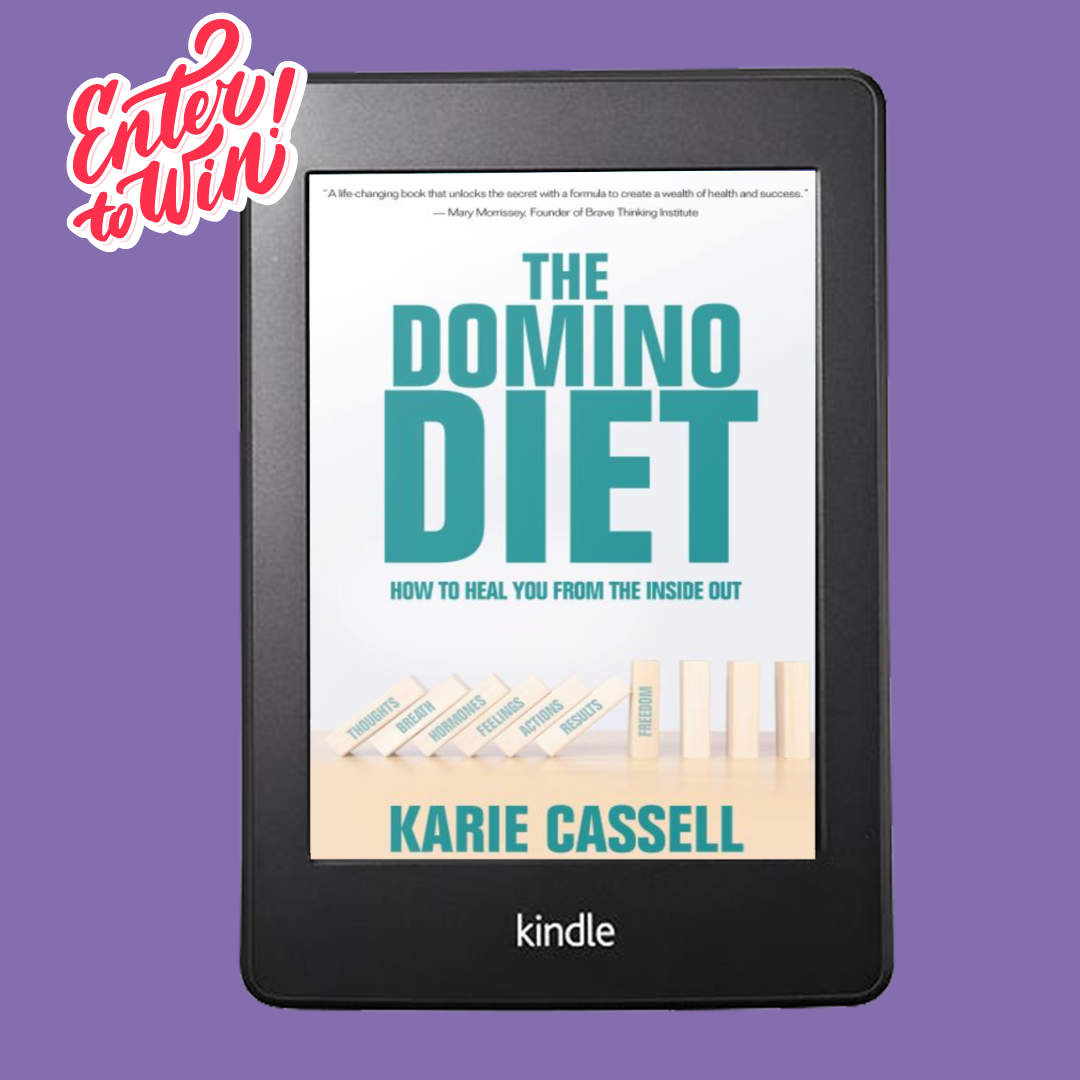Sugar Me Sweet or Not?
Oct 20, 2024
Understanding Sugars and Their Impact on Blood Sugar Levels
Sugars come in many forms, and their effect on the body varies based on their type, source, and rate of absorption. Here’s a breakdown of common types of sugar:
Common Sugars:
| Type of Sugar | Source | Calories per teaspoon | Carbohydrates per teaspoon | Sugar Release Time into Bloodstream | Notes |
|---|---|---|---|---|---|
| Table Sugar (Sucrose) | Derived from sugar cane or beets | 16 cal | 4g | Quick release | Common in processed foods |
| Fructose | Found in fruits | 16 cal | 4g | Slower release than glucose | More easily stored as fat |
| Lactose | Found in milk and dairy | 16 cal | 4g | Moderate release | Requires lactase enzyme for digestion |
| Molasses | Byproduct of sugar refinement | 19 cal | 5g | Quick release | Higher in vitamins and minerals than refined sugar |
| Honey | Produced by bees | 21 cal | 5.7g | Quick release | Has trace minerals but similar impact to sugar |
| Maple Syrup | Extracted from maple trees | 17 cal | 4g | Moderate release | Contains antioxidants |
- Table Sugar (Sucrose): This is the most common form of sugar, a combination of glucose and fructose, and is rapidly absorbed, leading to a spike in blood sugar levels.
- Fructose: Naturally found in fruits, it has a slower release into the bloodstream than glucose but can contribute to fat storage if consumed in excess.
- Lactose: The sugar in dairy, lactose requires the enzyme lactase for digestion. Some people may be lactose intolerant.
- Molasses: A byproduct of the sugar refining process, molasses contains more vitamins and minerals like iron and calcium than table sugar but still has a high caloric content.
- Honey and Maple Syrup: These natural sweeteners offer more nutrients compared to refined sugar, but they still impact blood sugar similarly.
Sugar Substitutes:
| Sweetener | Source | Safe Daily Amount | Baking Usage | Possible Side Effects | Safe for Pregnancy & Kids? |
|---|---|---|---|---|---|
| Stevia | Plant-based | 4 mg/kg body weight | Heat stable | Bloating, nausea in high doses | Generally safe |
| Sorbitol (Sugar Alcohol) | Fruits & plants | No defined upper limit | Heat stable | Gas, bloating, diarrhea | Safe in moderation, but avoid excess for children |
| Monk Fruit | Fruit-based | No limit specified | Heat stable | No known major side effects | Safe for all |
| Sucralose (Splenda) | Synthetic sweetener | 5 mg/kg body weight | Heat stable but can break down at high temps | Gastro issues in excess | Safe for pregnancy, children in moderation |
- Stevia: A natural sweetener derived from the Stevia plant, with no calories and a negligible impact on blood sugar levels. Stevia is heat stable, making it suitable for baking, but can sometimes leave a bitter aftertaste.
- Sorbitol: A sugar alcohol found in fruits and vegetables, used in sugar-free products. While it doesn’t spike blood sugar levels, it can cause gastrointestinal discomfort if consumed in large quantities.
- Monk Fruit: Derived from a fruit, monk fruit sweetener has zero calories and does not impact blood sugar. It’s safe for children and pregnant women and works well in baking.
- Sucralose: Commonly known as Splenda, this is a synthetic sweetener that can be used in baking, but there is debate about its safety at high temperatures as it may break down and form potentially harmful compounds.
Baking with Sugar Substitutes:
When baking with sugar substitutes, it’s essential to adjust the recipe since many substitutes are sweeter than sugar. For example:
- Stevia: 1 teaspoon of stevia is equivalent to about 1 cup of sugar, but it may require modifications to the liquid content in recipes.
- Sorbitol and Monk Fruit: These can be used in a 1:1 ratio to sugar, making them easy to substitute in recipes.
- Sucralose (Splenda): Splenda can be used cup-for-cup like sugar in most recipes, but consider the possible breakdown at high heat for long cooking times.
Note: Blends of sugar substitutes can be tricky, as some blends may contain fillers like maltodextrin, which can still spike blood sugar. It’s important to read labels carefully.
Quality vs. Quantity
Reducing the amount of sugar you use in recipes is often a healthier option than relying on substitutes. For example, using applesauce in place of some sugar in baking not only cuts down on calories but also adds fiber and nutrients. Other natural baking swaps include using mashed bananas, pureed dates, or pumpkin puree to lower sugar content.
Baking Swaps:
- Applesauce: Replace half of the sugar in a recipe with unsweetened applesauce.
- Bananas: Use mashed ripe bananas to replace sugar; adds natural sweetness and moisture.
- Dates: Puree dates for a caramel-like sweetness that pairs well in muffins and brownies.
- Pumpkin Puree: Adds moisture and natural sweetness, along with a dose of vitamins.
Muffin Recipe Comparisons:

Muffin with Sugar and Applesauce:
- Ingredients: 1/2 cup applesauce, 1/4 cup sugar, 1 cup whole wheat flour, 1 egg, 1/4 cup vegetable oil
- Calories: ~140 per muffin
- Sugar: 9 grams per muffin
Very Berry Muffin with Stevia:
- Ingredients: 1/2 cup applesauce, 1 tsp stevia, 1 cup whole wheat flour, 1 egg, 1/4 cup vegetable oil
- Calories: ~120 per muffin
- Sugar: 3 grams per muffin
As you can see, using stevia significantly reduces the sugar content while keeping the caloric content lower.
Conclusion:
While there are many sugar substitutes available, the best approach is often to reduce overall sugar intake and focus on nutrient-dense swaps like applesauce or bananas in baking. Substitutes like stevia and monk fruit can be useful but always check for blends and side effects. Quality over quantity is key, and a balanced approach to sweetness can help you meet your health goals.
Interested in ways to Rethink Diets and Nourish to Flourish Click here for my newest course and connect with others in our community
https://www.kariecassell.com/nourish-membership

References:
- American Diabetes Association
- National Institutes of Health (NIH)
- Harvard Health Publishing


Karie Cassell RD, LMC
Bestselling Author, Dietitian, Nutrition Coach
[email protected]
www.kariecassell.com
Ph. 780-814-2983
Customize Your Nutrition Tips & A Chance to Win my Book!
Check the boxes that apply to your request and you'll be entered into monthly Book Giveaway!
Don't worry, your information will not be shared.
We hate SPAM. We will never sell your information, for any reason.




